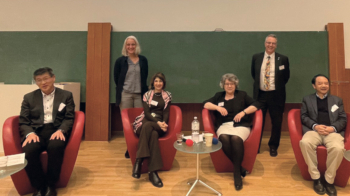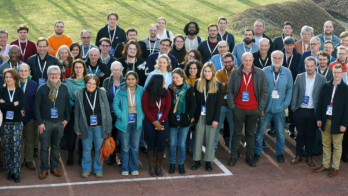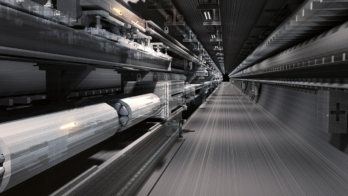
Access to six European test facilities is now available as part of a new EU project funded by the FP7 Capacities Programme. The Advanced European Infrastructures for Detectors at Accelerators (AIDA) project was launched in February and will last for four years.
Three of AIDA’s nine work packages are dedicated to transnational access. Under this scheme, researchers from EU member states (including FP7-associated countries) can apply for access to facilities at DESY, CERN, the Jožef Stefan Institute (JSI), the Université catholique de Louvain (UCL) and the Karlsruhe Institute of Technology (KIT). Access is offered free to the users. In addition, travel and subsistence costs can be covered by the EU funding. The majority of the user group must not be based in the same country as the facility (CERN, as an international organization, is not subject to this requirement). In addition, the research team should publish the results from the experiments carried out at the AIDA facility.
The primary criterion for selection of a proposal will be scientific merit but factors such as previous use of the facility and availability of similar facilities in the user’s home country will also be taken into account. User groups who have not accessed such facilities before are strongly encouraged to apply to this scheme.
At DESY there will be access to test beams of electrons with energies of up to 6 GeV. One of four different test areas can be used for the work. All areas have magnet control to select momentum and access to beam telescopes can be provided on request.
In the CERN East Area there will be access to several beam lines providing protons, neutrons or mixed particles with energies in the range 1–25 GeV. In the North Area, proton and electron beams of several hundred giga-electron-volts are available.
There is also access to three European irradiation facilities. At JSI in Slovenia, access to the Triga-Mark-III reactor will provide neutron irradiation facilities. At UCL in Belgium access to deuterons and protons will be available. Protons for irradiation will also be available at KIT in Germany.





